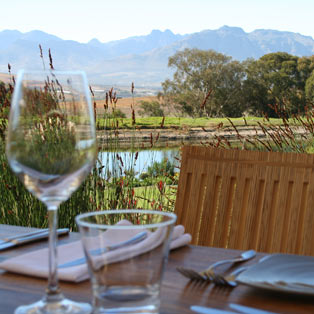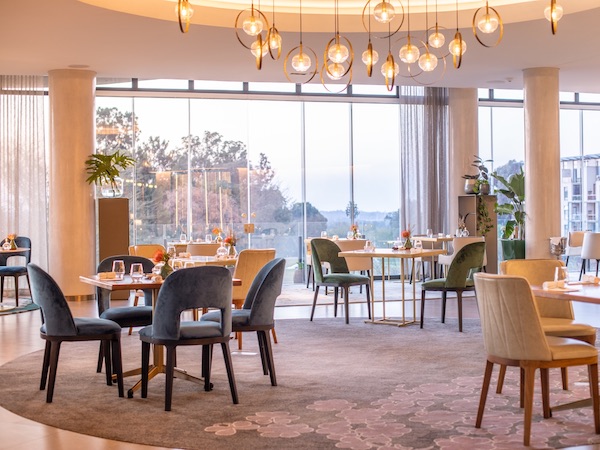News
Winelands restaurants face cuts and closures if draft liquor by-law is passed
Monday, May 16th, 2011
Restaurateurs and bar-owners in Stellenbosch and the winelands are up in arms over a draft by-law which would ban alcohol trade on Sundays, and close bars and clubs after 11pm.
“It would effectively make owning a restaurant in the Winelands a non-viable enterprise as our business is a combination of selling food and wine,” said George Jardine, of Jordan, whose restaurant would fall under the legislation, in its current wording.
“In winter we survive off Friday, Saturday and Sunday. Wine makes up 40% of our sales; it’s a not a little bit of wine here and there; it’s a substantial amount of revenue for us.”
Jordan is not alone in being affected by the proposed by-law – some of the country’s other top restaurants – including Rust-en-Vrede, Terroir and Overture in Stellenbosch, and Le Quartier Francais in Franschhoek, as well as a host of other non-fine dining establishments in the area, would all be restricted under the proposed by-law.
“Sundays are the biggest trading days in the winelands, and we might as well close our doors if we can’t sell alcohol,” said Bertus Basson of Overture.
While restaurants would largely be affected by the Sunday ban, the 11pm curfew has Stellenbosch’s bars and clubs up in arms. According to the Chairman of the Stellenbosch Liquor Forum, David Harris, who is also one of the owners of Springboks and the Terrace in Stellenbosch, the implications of the proposed by-law to Stellenbosch’s economy would be huge.
“It would be a disaster for tourism and trade. There would be a large number of closures, both of restaurants and clubs.”
Harris also questioned whether the measures would be effective. “If there is an alcohol problem in Stellenbosch – which as a premise we don’t accept – it’s not going to solve the problem. People will buy from bottle stores and drink in streets or cars, or worse – drink and drive – or just go outside municipal boundaries, either towards Helderberg or Durbanville.
“If there is nowhere after 11pm to go, there are no facilities; what are the youth going to do? You can’t say they’re going to go to bed. They aren’t going to go to bed,” said Harris. He has concerns that the early closing time would increase crime, and create more illegal shebeens, and could also actually increase drinking.
“The factor that limits alcohol consumption inside a club is pricing. For the price of buying three or four double brandies and coke for R100, you can buy a bottle of brandy and a 2 litre coke.”
Internationally, such measures have had mixed results. In an article for The Globe, Director of the Alcohol & Drug Abuse Research Unit at the Medical Research Council and an Extraordinary Professor in Psychiatry at Stellenbosch University, Charles Parry, states that “there is strong and consistent evidence from several countries that changing the hours or days of trade has a significant effect on the volume of alcohol consumed and on the levels on alcohol related problems.”








